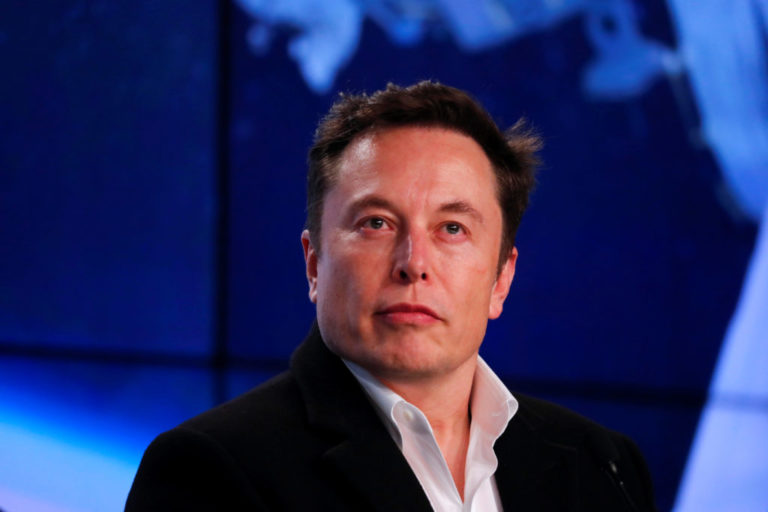It is a question that torments every data science practitioner. Does one need a Ph.D to become a data scientist? While there is no right consensus on it, there is indeed a survey that confirms that the rush to enter the exciting field has seen many professionals opt for a faster route to the workplace. Findings from leading Illinois-based analytics recruiter Burtch Works indicate that in the ongoing rush to break into this lucrative field, the percentage of data scientists with Ph.Ds has come down to 25 per cent. “Some data scientists are also opting to skip the PhD as a faster route to the workplace, to capitalize on the numerous opportunities available,” the survey found. However, the popularity of a Master’s program hasn’t waned. As the salary curve heads north, so do the enrollment and degrees awarded in computer science besides mathematics and statistics.
Vin Vashishta, Founder and Chief Data Scientist at Nevada based V-Squared Data Strategy Consulting has an interesting take on this argument. Vashishta observed in a post how Google doesn’t require a PhD to be a machine-learning engineer. However, he concedes that most companies just throw advanced degree requirements unthinkingly since there is very little clarity around how data science and machine learning can solve business problems. And what’s equally perplexing is finding an X number of years of requirement for hiring a data scientist. Say for example, a leading tech company demands anywhere between 5-8 years relevant experience. The steep expectations could also be attributed to the hype cycle that props data scientists as wunderkid who comes with analytics, statistics and strategy chops. Perhaps, setting a doable KPI for the role could help in achieving business objectives, Vashishta posits.
Whatever the view, the reigning sentiment from leading data science professionals is that one doesn’t need a Ph.D to become a data scientist. While this may be true, we list down a bunch of arguments in favour of those who have walked the extra mile and chosen to do data science heavy dissertations.
Analytics India Magazine presents the counter-argument for a postdoc
Want To Make A Foray Into Product-Driven Roles, Get A Ph.D: There is no denying that top research-oriented positions in marquee companies are usually saved for postdoc graduates, plus they also have access to bigger pool of jobs and better pay. It also opens the door to a more lucrative career and could land one to the best career path in data science such as Chief Data Scientist or Director of Analytics. There is considerable demand for PhD level data scientists at product-driven companies such as Google and Facebook where the academic bar is set high. Product-driven data science roles such as Facebook’s face recognition technology can drive billions of dollars in revenue and these teams are backed by leading data scientists with a stellar academic background to drive the product vision forward. On the other hand, insights-based data science role such as Marketing Analyst can be filled by a MS grad as well, noted Raj Bandyopadhyay, Director of Data Science Education at Springboard. In fact, for Insights Data Science roles, recruiters are willing to lower the bar and even try candidates who have a great portfolio of work but lack official credentials, such as MS degree.
Ph.D Gives Access to Networking Pipeline: Well, in today’s day and age, networking counts more than having a killer resume. Knowing someone higher up can land one the gig he/she has been hankering for a long time. Here’s why a Ph.D can be a great asset – a post-doctorate not only gives you a foot in the academia but access to leading tech behemoths research labs. Silicon Valley tech companies have gone into intense talent wars over top data science talent that involves wooing Ph.D students from top-tier schools. In fact, Google, Tesla, Facebook, IBM, Microsoft, Apple and other leading companies have built fruitful relationship with the academia to build a talent pipeline and also dig into cutting-edge research work. In fact, most of the lab work ends up translating into core products as these researchers work on leading edge data science tools and platforms.
Choose Your Research Level: While it is true that one doesn’t necessarily need a Ph.D to become a data scientist, but if one is deeply passionate about research, they should tread down that path. However, before one dives into the 5-year lock in period, he/she should have a clearly defined project. Choosing a competitive research area that will put one in the top slot. One should ensure that the research topic is relevant to data science. For example, a rigorous research training in areas such as machine learning, Mathematics, Computer Science can be very valuable and will help one achieve a fulfilling career trajectory. The PhD just gives you so much time to really explore what you want to do. Also, a researcher gains deep knowledge of the nuances of the problems and perfectly understands the demands of the specific industry he/she wishes to work in.
Applied Work vs Theoretical Research Ability: There is also another school of thought that believes a Ph.D is not quite useful from a practical perspective. In fact, tech titan Elon Musk stated that a number of years spent in school doesn’t equate to real world experience But, here’s what we must remember – companies are expanding their research-oriented data science teams and are always on a look-out for Ph.Ds because they have the ability to work on applied problems in an industrial setting. Secondly, an MS grad and a Ph.D holder have different set of strengths. In fact, most grads have lower abstract problem solving skills as compared to a postdoctoral student. So, coming in with the usual Statistics < SQL< SciKit package may not translate into end results and help the company achieve business objectives.





























